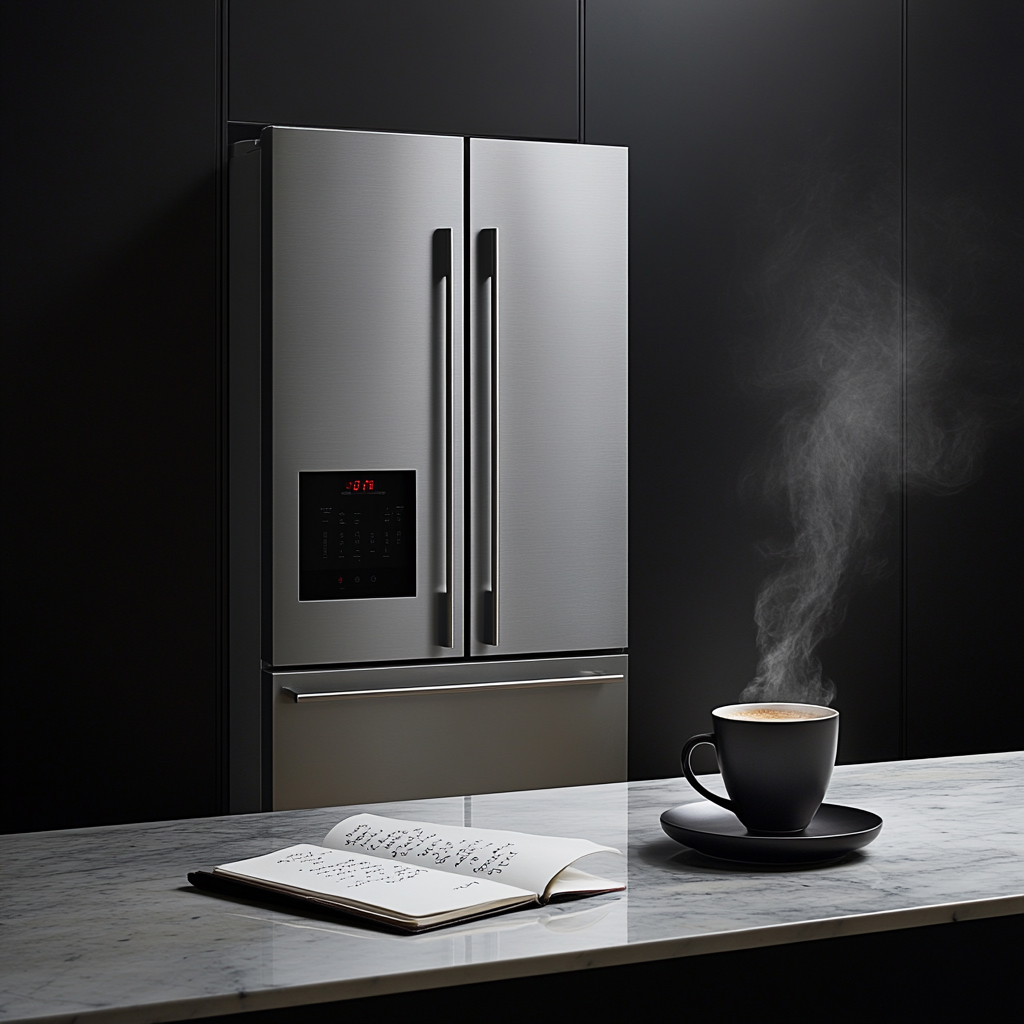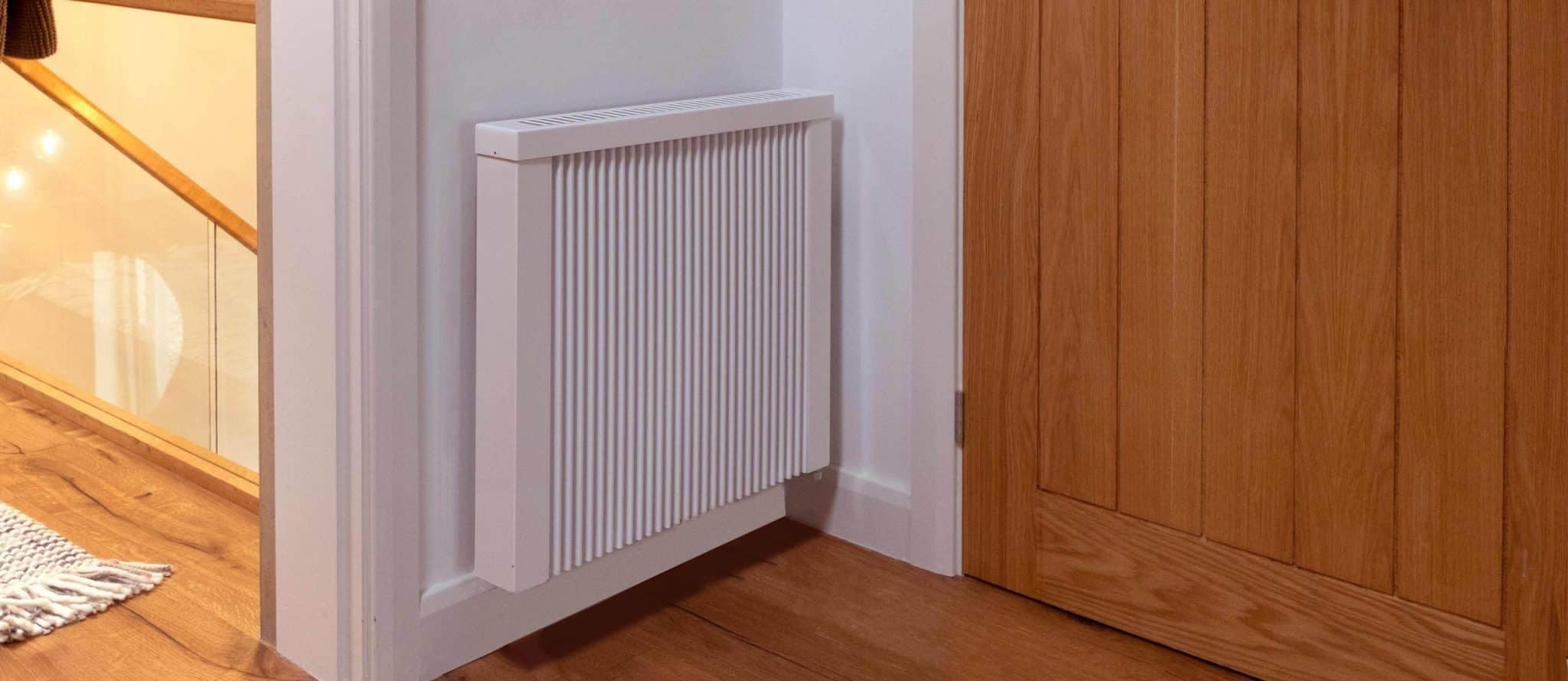Water Heater Repair Company Gives 7 Tips When Tackling Water Heater Repairs
Water heaters are an integral part of everyday life, providing hot water for showers, laundry, and dishwashing. When they malfunction, it can disrupt daily routines and even cause costly damage to your home.
To prevent these issues and keep your water heater running smoothly for a longer lifespan, regular maintenance and timely repairs are key.
Thankfully, the experts at Water Heater Fixteam and other qualified plumbers can provide you with the necessary guidance to address water heater problems effectively and get your hot showers back with minimal stress.
Dealing With The Basics
Before you grab the toolbox, brush up on this essential info for a safe and successful repair.
Know Your Heater
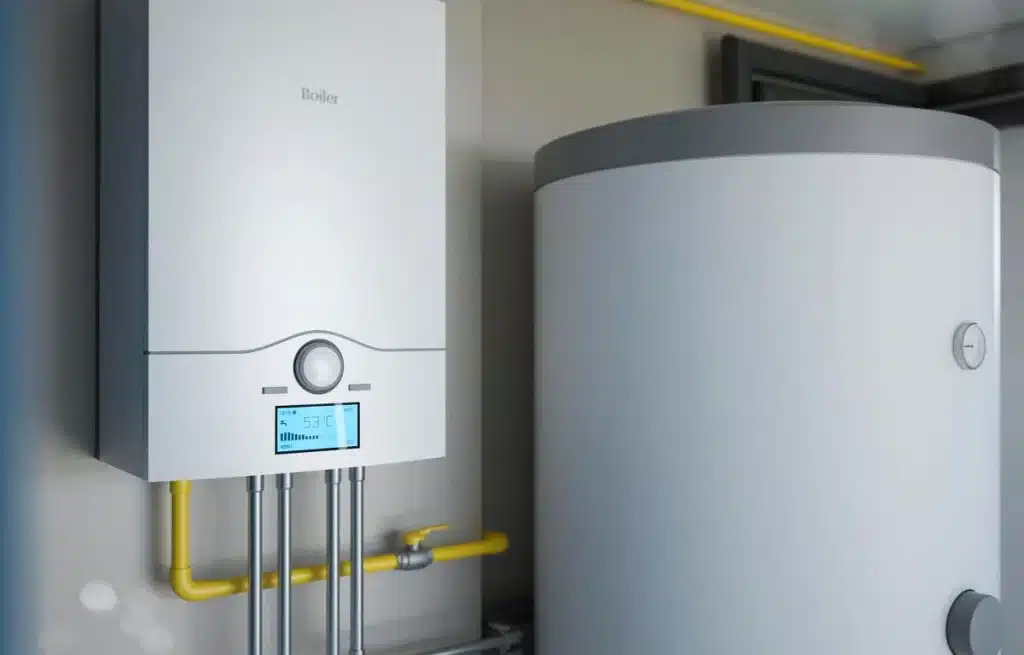 Is it powered by gas or electricity, or is it a tankless model? Each type has different components and methods of operation, which affects how repairs should be handled.
Is it powered by gas or electricity, or is it a tankless model? Each type has different components and methods of operation, which affects how repairs should be handled.
Model And Serial Number
This information can help you access specific manuals, parts, and repair instructions. It’s also useful when consulting with repair professionals or ordering replacement parts. It also comes in handy to find parts when repairing a water heater.
Age Of The Unit
Water heaters usually last 8 to 12 years, depending on use and care. Knowing how old yours is helps you decide if a repair is worth it or if it’s time for a new one.
Capacity
Understand the gallon capacity of your water heater, which influences its ability to meet your household’s hot water needs. This is particularly important when assessing issues related to supply and recovery times.
Safety Features
Familiarize yourself with the safety mechanisms of your water heater, such as the temperature-pressure relief valve, which prevents excessive pressure buildup that could lead to explosions.
Warranty Information
Is your heater still under warranty? If so, it might cover repairs or require specific service providers for maintenance. Don’t void the warranty by calling the wrong person!
Gathering this information will prepare you to either tackle the repair yourself with greater confidence or describe the problem accurately to a professional technician, ensuring more precise and efficient service.
Expert Tips For Tackling Water Heater Repairs
Experts often provide practical and essential tips for effectively tackling common water heater problems to ensure the safety, efficiency, and longevity of the unit. Here are seven key tips:
Tip 1: Relight The Pilot Light And Check The Electrical Connections
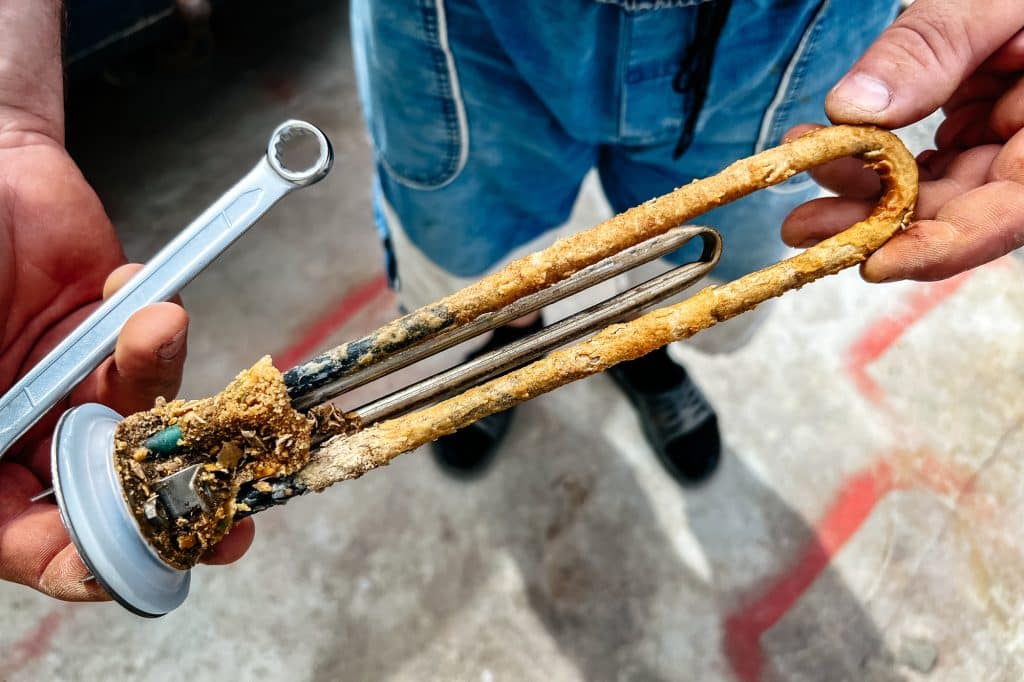
For those with electric heaters, it might just be a tripped circuit breaker or a blown fuse. Take a peek at your electrical panel and reset or replace as needed. Make sure all those wires are snug and secure to get things back to normal.
Tip 2: Adjust The Thermostat And Assess Heater Capacity
Finding your showers getting chilly? First, check if your thermostat’s set right; around 120 degrees Fahrenheit is usually spot on.
If the temperature’s good but you’re still running out of hot water too quickly, you might need a bigger tank, especially if your household has grown or your habits have changed.
Tip 3: Enhance Reheating Efficiency
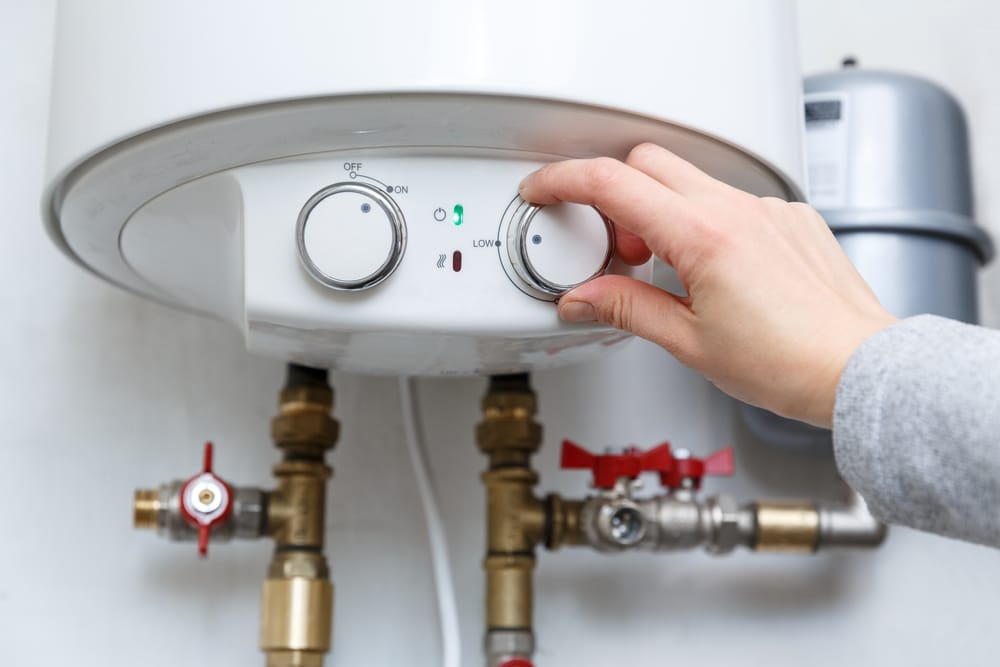
If you’re thinking about an upgrade, why not consider a tankless water heater? They heat water on demand and are extremely efficient.
Tip 4: Flush The Sediment
If you’re hearing some strange noises from your tank, it could be sediment buildup boiling away in there.
Giving your tank an annual flush can quiet things down and keep it running smoothly. If that doesn’t cut it, the heating elements might need a look or possibly a water heater replacement.
Tip 5: Identify And Repair Leaks
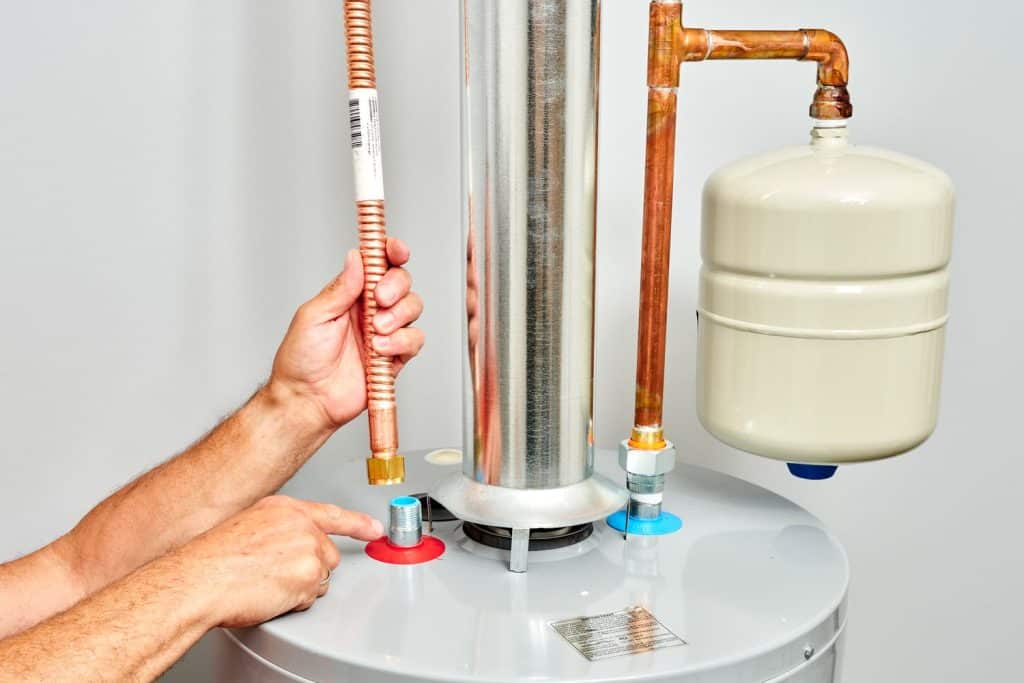
If the tank itself is leaking, though, it might be time for a new one to avoid any risks.
Tip 6: Replace The Thermostat
Is your water too hot one minute and too cold the next? Sounds like a thermostat issue. Double-check the setting first.
If tweaking it doesn’t help, the thermostat might be on the fritz and replacing it could bring back that perfect temperature balance for a comfy and safe home.
Tip 7: Replace The Anode Rod
Getting rusty or funky-colored water? It’s likely your tank is fighting off corrosion. Take a gander at the anode rod—it sacrifices itself to save your tank from rust.
If it’s looking worse for wear, swap it out. Plus, giving your tank a good flush can clear out rust and sediment, keeping your water nice and clean.
Following these tips can help you manage and repair your water heater more effectively, ensuring it operates safely and efficiently.
Takeaway
Don’t let a cold shower surprise you! By familiarizing yourself with the basics and following these expert tips, you’ll be well-equipped to tackle common water heater repairs and keep your hot water flowing smoothly.
If a repair seems complex or involves gas or electrical work, don’t hesitate to call in a licensed plumber for a water heater repair service. They’ll have the expertise and tools to get your water heater back up and running safely in no time.



